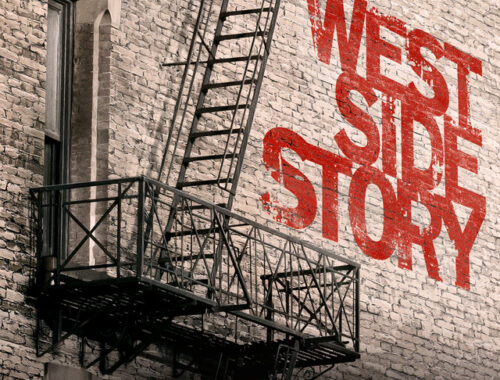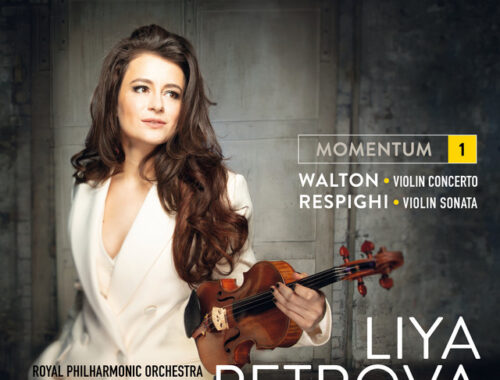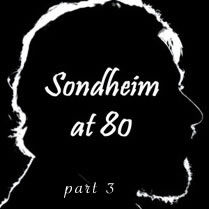Britten “Peter Grimes”, Royal Opera House
Willy Decker’s 1994 production of Britten’s Peter Grimes has not worn well and pales now in the shadow of David Alden award-winning staging down the road at English National Opera. That, too, is due for revival. Decker’s problem – more pronounced in Francois de Carpentries’ revival – is that the highly stylised and fussily choreographed nature of the blocking de-personalises the opera and robs “the Borough” of an identity beyond the obvious that they think and move and behave as one. The smaller fish disappear in the bigger shoal.
Of course, this central idea of the many against the one – the outsider, the misfit, who can never truly “belong” – is critical to the effectiveness of the piece and Decker has devised a boldly effective metaphor for the dawning of the new day which opens and closes the opera. His is a congregation – neatly arrayed in perfectly symmetrical formation, grimly monochromatic – who quite literally sing off the same hymn sheet and when, having failed to save Grimes from their derision the defeated Ellen Orford succumbs to conformity and takes the one empty chair among them, it is with terrible reluctance that she now raises the hymn sheet to cover her face and thus denies her identity, too.
This is the production at its best. At worst, the big ensembles – in particular “Old Joe has gone fishing” – surrender musical incisiveness to the busyness, not to say messiness, of the movement. Andrew Davis, conducting, runs a tight ship but the vividness of the orchestral interludes does not always extend to the voices. Smaller roles – so keenly identified by Britten and his librettist – feel undersung and undercharacterised, lost in the general melee, and only Amanda Roocroft’s Ellen conveys something real – an intense and involving heartbreak. What an affecting singing actress this lady is.
In the title role, Ben Heppner looks like a broken man before even the Prologue has run its course. The tiny coffin he must bear like a cross is a metaphor too far and the voice, pushed to uncomfortable extremes now, is too often hanging in there by a thread. The biggest handicap for this role is Heppner’s awkwardness and discomfort around the passaggio, his inability to effectively deploy head-voice for “visionary” moments like “Now the Great Bear and Pleiades” (horribly flat) leave him – and the show – hopelessly compromised.
You May Also Like

GRAMOPHONE: From Where I Sit – April 2022
25/04/2022
GRAMOPHONE Review: Walton Violin Concerto/Respighi Violin Sonata in B minor – RPO/Ward
02/10/2023